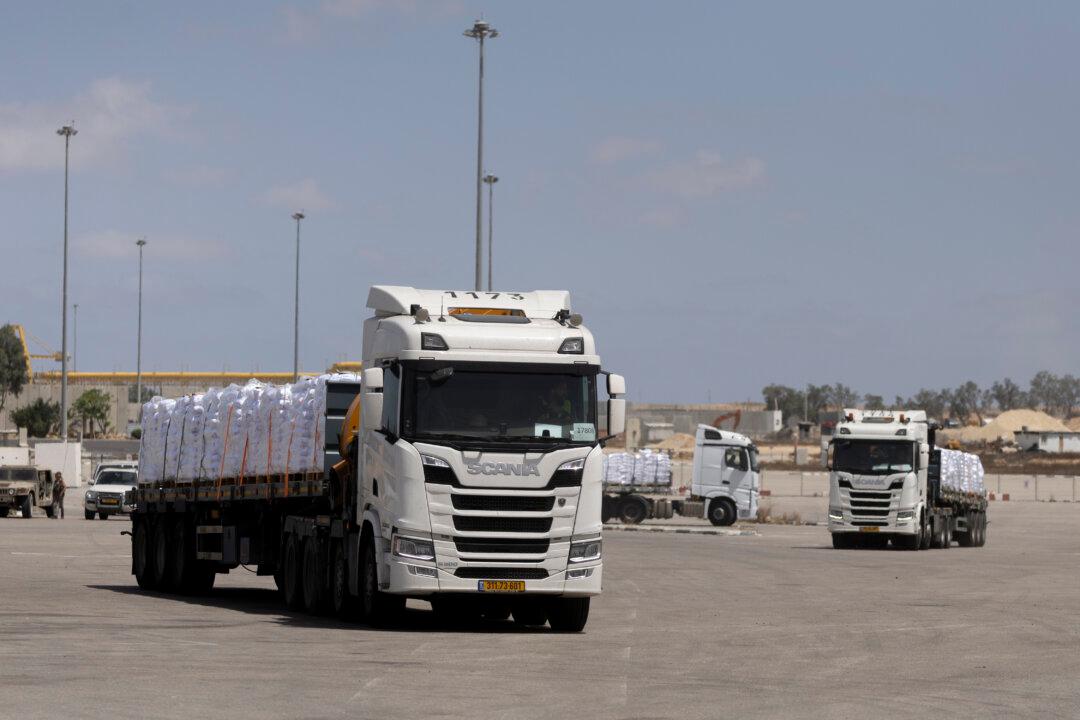Israel will ease its blockade and allow limited amounts of food into Gaza as its military begins extensive ground operations in the territory, Israeli Prime Minister Benjamin Netanyahu said on May 18.
In a May 19 video statement posted on social media platform X, Netanyahu said his decision to resume food aid to the 2.3 million Palestinians in Gaza was the result of pressure from some of Israel’s allies.





